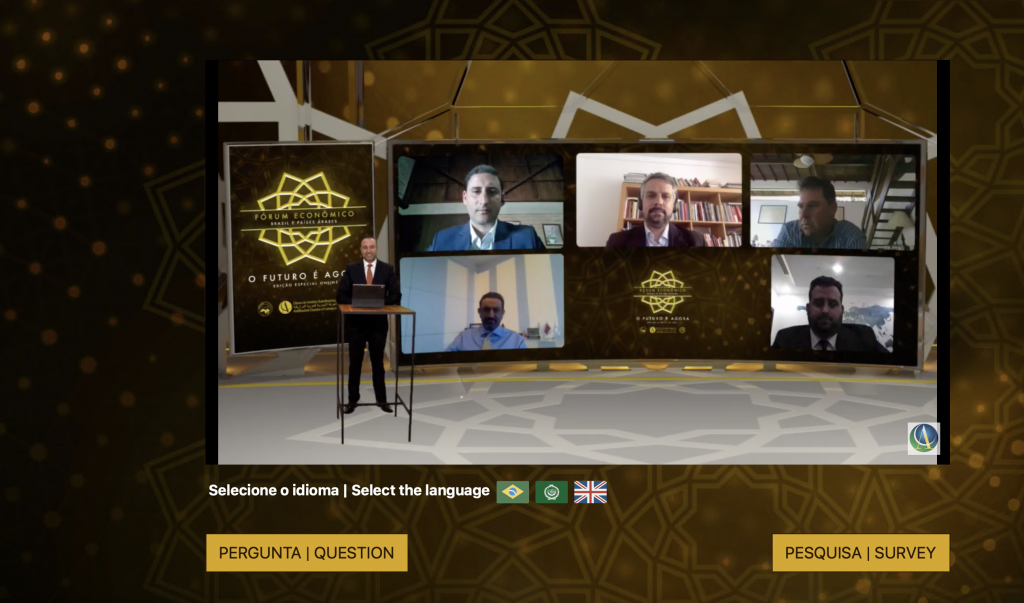São Paulo – Adopting environmental, social and corporate governance (ESG) criteria in day-to-day operations can improve a company’s performance and investor returns. In addition, halal principles partly overlap with those criteria, speakers said in a panel on “Environmental, social and corporate governance (ESG): relevance in the present context” during the Economic Forum Brazil & Arab Countries, hosted by the Economic Forum Brazil & Arab Countries, hosted by the Arab Brazilian Chamber of Commerce (ABCC).
The panel was moderated by the executive director of the United Nations Global Compact in Brazil, Carlo Pereira, and by ABCC secretary-general Tamer Mansour, featuring corporate executives as speakers.

Natura’s Head of Institutional Relations, Paulo Dallari, said the company is striving to become carbon-neutral across its production chain by 2030, with the involvement of the entire community. “A company that fails to embrace these values in daily life is highly unlikely to thrive,” he said.
Granito Group founder and president Rodrigo Tavares said companies pursuing ESG criteria on a day-to-day basis tend to perform better financially. “There are many reasons why the market is interested in ESG. One reason is that ESG data are great for risk detection, and investors will avoid exposure to unexpected risks. And it is risky to invest in companies where there’s corruption, in companies that do not respect the environment, and in companies that do not respect their employees,” he said.
Tavares pointed out that there’s no specific date for the creation of the ESG criteria, however there are references to the basic principles of sustainable finance in the holy book of Islam, the Koran.
Al Baraka Bank Sustainability vice president Ali Adnan Ibrahim said halal criteria are an example when it comes to respecting and encouraging sustainability. “One of the foundations of Islamic finance is summed up this way: minimize the damages and maximize the benefits. Anything that’s harmful to nature and human beings would not be in compliance with Islamic finance”, he said.
KPMG Latin America Head of Debt and Capital Markets Advisory Samy Podlubny said issuance of corporate green bonds or social bonds is booming abroad. “Since there are investors coming up who specialize in ESG, you get to broaden your investor base and reduce your rates,” he said. He also said regulation of those bonds is still in its infancy in Brazil.
Halal Trade and Marketing Center manager Thomas Guerrero Flanco said the halal industry has the power to leverage sustainable production. “We can transform the halal industry into a worldwide milepost for healthy, global, ethical and sustainable aspects,” he said.
Check out the full coverage on ANBA.
*Special report by Marcos Carrieri for ANBA








